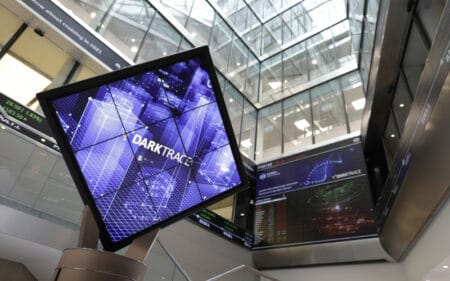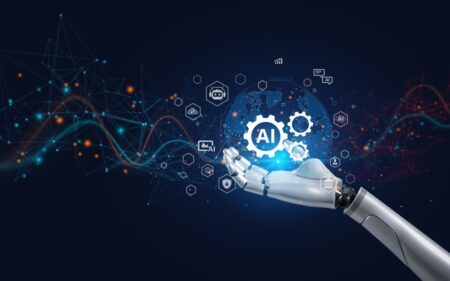There is a lot of confusion about what artificial intelligence (AI) and machine learning (ML) can mean for cyber security. This is shown by research by security firm Webroot.
While most IT professionals agree that more needs to be done to protect against cyber attacks and that artificial intelligence (AI) and machine learning (ML) are cost-effective options, most do not know exactly what the terms mean.
According to research by Webroot, 89 percent of IT professionals understand the need to better protect their organisations’ data. At the same time, nearly two-thirds (64 percent) say they are not sure what AI/ML means.
“It is clear from these findings that there is still a lot of confusion about artificial intelligence and machine learning, especially the implementation of these techniques in enterprise cybersecurity, and there is some doubt as to how much benefit AI and ML actually deliver,” said Matt Aldridge, Principal Solutions Architect at Webroot.
More knowledge needed
Aldridge believes that companies need to broaden their knowledge about artificial intelligence (AI) and machine learning (ML) in order to get the maximum value from these technologies.
“By reviewing and working with cybersecurity vendors who have long experience in AI/ML use and development and can provide expert guidance, we expect companies to be able to respond more easily to cyber problems and also maximize the capabilities of the human analysts on their teams,” he says.
However, the confusion among IT professionals does not seem to be an obstacle to the use of AI and ML. The United Kingdom, for example, makes most use of AI/ML in its cybersecurity tools, compared to the United States, Japan, New Zealand and Australia.



















